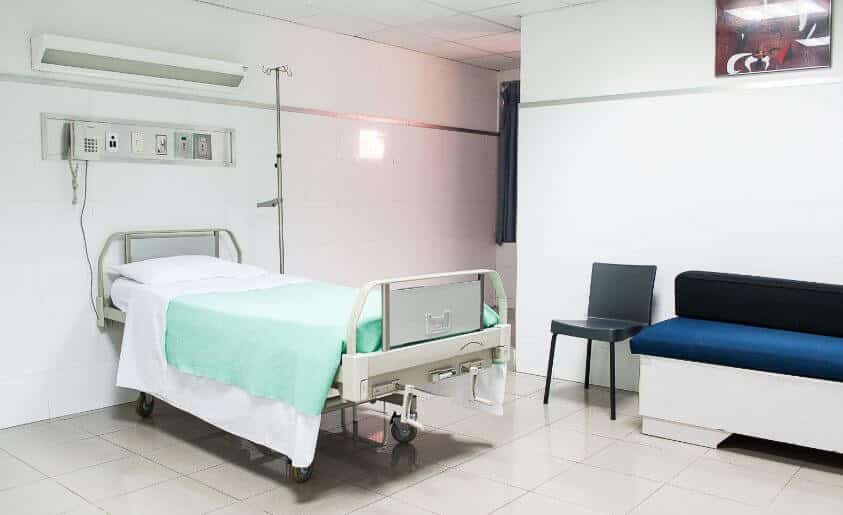More and more health professionals are opting out of the Medicare bulk billing scheme, citing the rising costs of providing care. This leaves many Australians no option but to clog up the hospital system or leave their conditions unaddressed.
It is easy to place the blame on the shortage of doctors or nurses or the challenges exacerbated by the pandemic. But cuts and neglect of Medicare can be traced to long before.
Back in 2013, it was Labor who first introduced the Medicare rebate freeze, in what was intended as a temporary savings measure. An annual increase to the Medicare rebate was shifted to the following financial year, with GPs supposed to be booking an increase the following 1 July.
New prime minister Tony Abbott, however, relentlessly pushed to inflict a GP tax, the so-called Medicare co-payment. This would have forced all Australians – from pensioners to children and the chronically ill – to pay a $7 charge every time they visited a GP. When the measure was blocked in the Senate, the Coalition went on to freeze the rebate altogether.
Nine years later, the Medicare rebate has only increased by 65 cents; in other words, medical providers are being reimbursed effectively the same amount in 2022 as in 2013. With the cost of practically everything now far higher than it was back then, it isn’t hard to understand now why GPs are abandoning bulk billing.

Mark Butler, Minister for Health and Aged Care, discussing with ABC’s Hack last week how difficult it is to get a bulk-billed GP appointment. “For the first time in the 40-year history of Medicare,” said Butler, “the average gap fee that people are paying for a standard consult with their GP is actually more than the Medicare rebate itself.”
In December last year, the previous Morrison government reported a “record high” of 88% of GP services were bulk-billed. Butler however has been quick to suggest such claims “don’t gel” with what practitioners and their patients are communicating, although he also admits, “We don’t have good data to tell us the true picture of our bulk billing.”
The current Labor government has committed to investing an extra $250m for Medicare. There are different ideas on how to spend that money, whether it’s an increase to the rebate or employing more health professionals. However, just as with calls for multinational tax reform, on health Labor’s message remains that changes can’t be expected overnight…
Follow Christian on Twitter for more news updates.
Thumbnail image from @enginakyurt and article image from @mdominguezfotovia both via Unsplash.
Sign Up To Our Free Newsletter